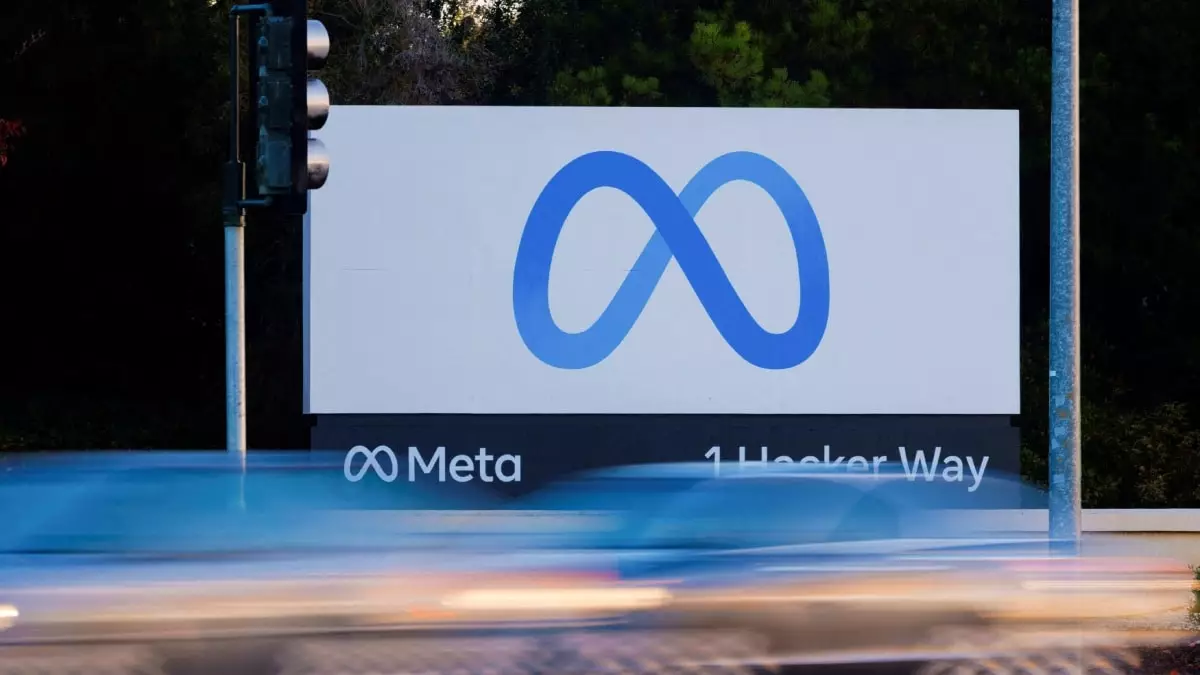In a significant enforcement of data protection regulations, the lead privacy regulator of the European Union imposed a hefty fine of 91 million euros (approximately $101.5 million) on Meta, the parent company of Facebook and Instagram. This ruling, issued by Ireland’s Data Protection Commission (DPC), stemmed from a serious oversight in how Meta handled user passwords. The decision highlights the critical need for stringent security measures when managing sensitive user information, especially in a digital age rife with breaches and data exploitation.
The issue that led to this fine originated from an inquiry initiated five years ago when Meta disclosed to the DPC that certain user passwords had been stored without adequate security measures, specifically in plaintext format. This revelation sparked concern within the regulatory body, as storing passwords in plaintext is a blatant breach of established data protection protocols and is widely deemed irresponsible by industry experts. The lack of encryption or any form of protection poses immense risks, primarily due to the potential for unauthorized access and identity theft.
Meta’s Responsibility and Response
Despite the severity of the situation, Meta’s representatives argued that upon discovering this flaw during a security review in 2019, they took prompt action to rectify their error. The company claims that no evidence suggests that any user passwords were compromised or misused during the period they were stored in plaintext. While this assertion may provide some comfort to users, the very fact that such sensitive data was exposed underscores systemic failures in Meta’s security practices.
The DPC’s Deputy Commissioner, Graham Doyle, emphasized the regulatory body’s stance on the matter, pointing out the widely accepted principles surrounding the secure storage of passwords. The incident illustrates a critical expectation for companies, particularly those of Meta’s scale and influence, to adopt robust security measures that protect user data from potential breaches. The regulatory environment surrounding data privacy has only intensified with the General Data Protection Regulation (GDPR), which was enacted in 2018, placing greater responsibility on corporations to ensure compliance.
Regulatory Landscape and Implications for Meta
This latest fine adds to the growing list of penalties faced by Meta, which has reached a staggering total of 2.5 billion euros due to breaches under GDPR. These regulatory actions signal a broader trend towards stricter enforcement of data protection laws in Europe, particularly concerning American technology firms operating within the EU. The DPC’s jurisdiction over leading U.S. internet companies emphasizes the importance placed on safeguarding user rights across international boundaries.
Interestingly, as Meta contemplates appealing the record 1.2 billion euro fine it received earlier this year, the implications of these rulings resonate well beyond the financial penalties. They serve as reminders to companies worldwide about the necessity of prioritizing data privacy and security. Failure to do so not only jeopardizes user trust but also subjects organizations to substantial legal and financial repercussions.
This incident serves as a stark reminder of the complexities and responsibilities that come with digital innovation. Companies must remain vigilant and proactive in safeguarding sensitive information, as oversight can have far-reaching consequences for users and businesses alike. As regulations evolve, organizations like Meta must adapt swiftly to align with the stringent expectations of data protection within a global marketplace.


Leave a Reply